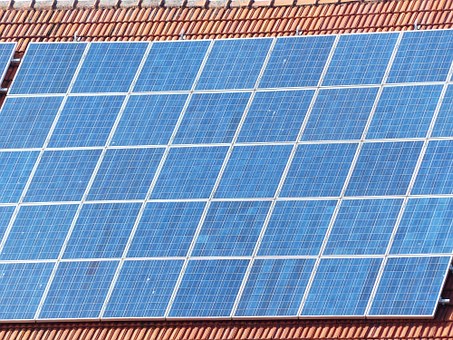Mississippi Revises Distributed Generation and Interconnection Rules to Increase Solar Adoption

The Mississippi Public Service Commission has approved amendments to the former net metering and interconnection rules, now known as the “Net Renewable Generation Rules.” The newly announced rules include policies that seek to enhance access to solar energy for low and middle-income residents, increase solar adoption across the board, and improve grid reliability and economic development.
Net energy metering is a billing system that allows property owners with distributed generation capacity from wind turbines or solar panels to sell their excess generation capacity back to the grid in the form of credits. The commission opened its net metering docket in January 2021, pursuant to the reopener directive of the original December 2015 order adopting net metering, to anticipate necessary revisions to the rules. After carefully examining written comments, inputs, and testimony presented at the public hearing, commission staff prepared a final order amending the rules.
Eligibility for the low-income benefits adder has been broadened to include customers with annual household incomes of up to 250 percent of the federal poverty level. Similarly, rather than including a mandatory reopener provision, the rules allow the commission to use its discretion to decide whether to reopen the rulemaking for additional changes at the earliest of either five years from the date of the order or the point at which the total net distributed generation capacity reaches 4 percent of the utilities’ system peak demand. The working group provision of the rules has been revised and retitled to expand the group’s mandate beyond consumer protection. A joint inter-agency working group would now meet biannually for the continued monitoring and consideration of the efficacy and fairness of the rules.
The order establishing the amendments also directs utilities to make separate filings to approve Solar-for-Schools programs and up-front rebates for distributed generation systems. This initiative will give public schools an opportunity to enhance energy savings, reinvest in academic programs, and make students aware of these new technologies.
The amended rules are a significant leap toward a clean energy future. The rules would put customers of investor-owned utilities on a path for increased participation and expanded choice for those who wish to self-supply and interconnect to the grid.
EnerKnol Pulses like this one are powered by the EnerKnol Platform—the first comprehensive database for real-time energy policy tracking. Sign up for a free trial below for access to key regulatory data and deep industry insights across the energy spectrum.
ACCESS FREE TRIAL